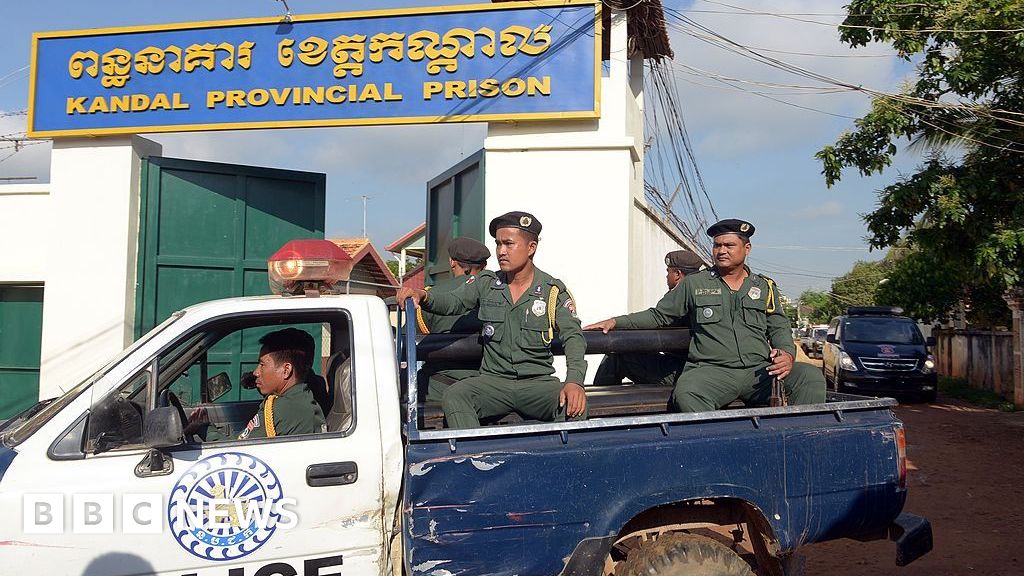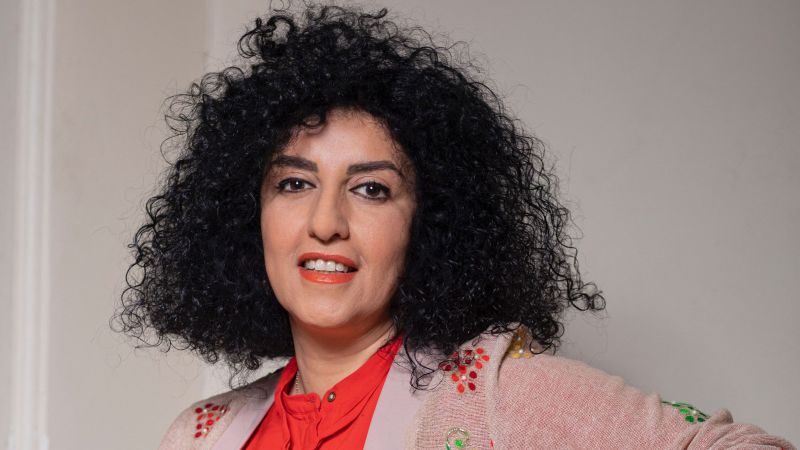Cambodian Court Convicts Filipinos in Baby-Selling Ring
PHNOM PENH, Cambodia – A Cambodian court has sentenced 13 Filipino women to four years in prison, with two years suspended, for their involvement in a disturbing human trafficking ring centered on surrogacy.
The women, who were found in a villa near Phnom Penh in September, were discovered to be pregnant and allegedly planning to sell their babies for profit. While they are not expected to serve jail time until after giving birth, the fate of the newborns remains uncertain.
This case highlights a disturbing trend in Cambodia: the increasingly popular practice of commercial surrogacy, despite being expressly illegal. Though most surrogacy arrangements see women carrying babies for intended parents within their own countries, this case underscores the lengths some individuals and agencies will go to exploit vulnerable women.
Adding to the complexity of the situation is the conflicting opinions regarding the women’s culpability.
"It was the women themselves who were ‘victims of human trafficking’," stated Nicholas Felix Ty, undersecretary in the Philippines Department of Justice.
However, Cambodian Interior Minister Chou Bun Eng holds a different view, stating, "’The women themselves were responsible."
Four Vietnamese women and seven additional Filipino women were arrested alongside the 13 convicted women, but as they were not pregnant, they were deported. A Cambodian woman who assisted the group by providing meals was sentenced to two months and one day in jail.
Cambodia’s lucrative commercial surrogacy industry initially flourished in 2016 after nearby Thailand banned the practice. Although Cambodia later outlawed surrogacy, the industry persisted.
Reports indicate that couples, predominantly from China, are willing to pay exorbitant fees—ranging from $40,000 to $100,000—to Cambodian agencies to arrange for surrogacy. This raises serious ethical concerns about the exploitation of vulnerable women for financial gain.
The case echoes previous incidents. In 2017, an Australian nurse who ran a surrogacy clinic in Cambodia was sentenced to 18 months in prison. The following year, 32 surrogate mothers facing human trafficking charges were released on the condition they raise the children themselves.
This latest case serves as a grim reminder of the vulnerability of women and children in the globalized world of commercial surrogacy. It also raises crucial questions about the ethical boundaries of reproductive technology and the urgent need for stronger international cooperation to combat human trafficking and exploitation.


